Tag: Andrew Defty
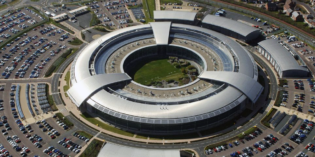
What impact has the general election had on the work of the Intelligence and Security Committee?
Following the failure of the government to publish the Intelligence Security Committee’s report into Russian interference ahead of the election, Andrew Defty examines the impact of the general election on the ISC, outlines the process for the establishment of a new committee and assesses the likely priorities of the reconstituted committee.
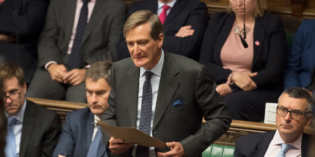
The government’s refusal to release the Intelligence and Security Committee’s report into Russian activities against the UK is part of a worrying pattern of obstruction and delay
Parliament’s Intelligence and Security Committee has produced a report into Russian interference in UK politics, but it cannot be published without government approval. Andrew Defty explains that Number 10’s failure to release the report before Parliament was dissolved is the latest in a series of government actions that have hindered effective parliamentary scrutiny of the intelligence and security services. Reform to ensure the committee has greater independence from executive obstruction should be considered in the next Parliament.

When will the government respond to the Intelligence and Security Committee’s report on UK lethal drone strikes in Syria?
It is two years since the Intelligence and Security Committee published its report into UK lethal drone strikes in Syria. Despite a commitment to ‘respond substantively to any report by the ISC within 60 days’ the government has yet to produce a detailed reply to this report. Andrew Defty examines the government’s record in responding to ISC reports and the changing nature of its commitment to doing so.
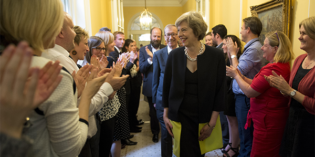
They’re making a list: the inexorable rise of the special political adviser
The government has released its annual data on the number of special advisers it employs. Andrew Defty assesses the figures and discusses how the numbers have grown over successive governments.
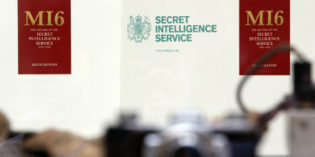
The government’s handling of the Intelligence and Security Committee’s detainee reports reveals worrying tensions between them
The Parliamentary Intelligence and Security Committee (ISC) is due to publish two reports on the UK’s treatment of detainees. Andrew Defty explains how leaks ahead of their publication are part of a concerning breakdown in the relationship between government and the committee, which has implications for the proper democratic oversight of the UK’s intelligence agencies.

Why is it taking so long to appoint a new Intelligence and Security Committee?
For the past five months the Intelligence and Security Committee has been in abeyance. Yet its job of scrutinising the work of the security agencies is even more vital at a time when Britain is regularly attacked by terrorists. Andrew Defty (University of Lincoln) asks what is delaying the appointment of a new committee, and […]
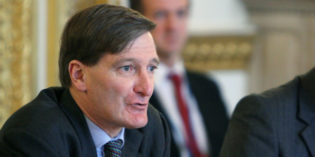
Plagued by delays: the June election is bad news for the Intelligence and Security Committee
The only two female members of the Intelligence and Security Committee are leaving the Commons at the general election, and the whole Committee will have to be re-formed after June. Andrew Defty says one of its reports has been rushed out before the election with the government’s redactions unchallenged, and a long-delayed inquiry into the UK intelligence […]

Improvements in turnout and more partisan voting: The consequences of embedding PCC elections in the electoral cycle
The first Police and Crime Commissioner elections in 2012 are infamous for their abysmally low turnout and the second batch last week thankfully saw some improvement. In this post, Andrew Defty looks at the variation in turnout across the 40 PCC elections to consider the impact of embedding the elections in the electoral cycle, and […]

Proper scrutiny must not be set aside in Britain’s response to the attacks in Paris
The shocking events in Paris have jolted Western governments into action, with the UK’s Conservative government seeking to increase and enhance security measures to prevent a similar occurrence happening in Britain. Part of their approach has been to announce the forthcoming introduction of new laws to assist the security services surveillance powers – a move […]
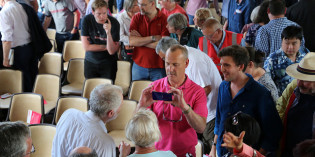
Fewer and older: Consequences of the decline in party membership in the UK
Recent years have seen an increase in membership of some of the smaller parties but this has not compensated for the overall decline in party membership across the UK. Andrew Defty considers the implications of this, from the reduced revenues to the key role played by party activists. Similar PostsEuro elections – previewing the election in […]


 Democratic Audit's core funding is provided by the Joseph Rowntree Charitable Trust. Additional funding is provided by the London School of Economics.
Democratic Audit's core funding is provided by the Joseph Rowntree Charitable Trust. Additional funding is provided by the London School of Economics.